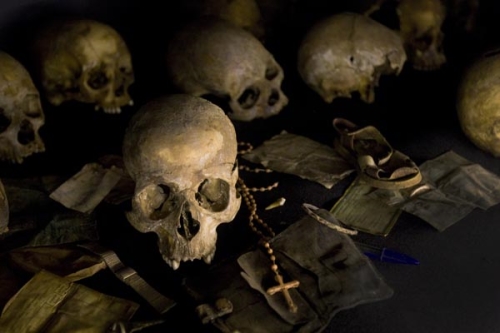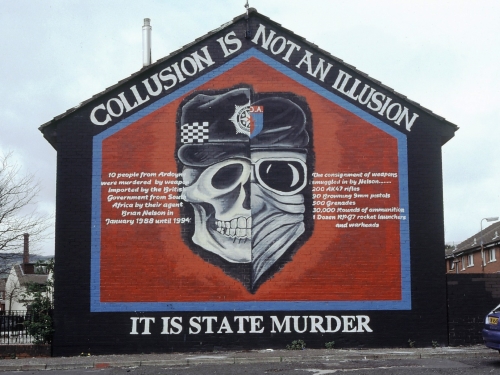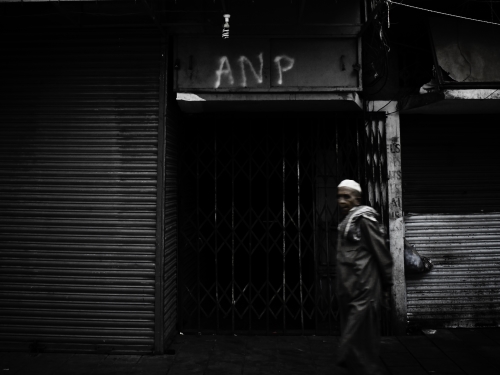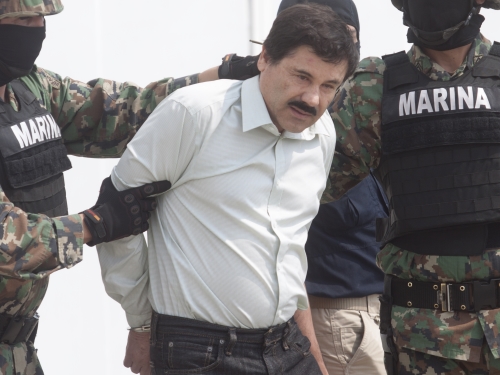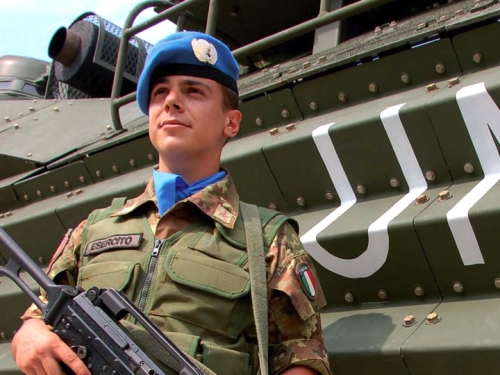
This article was originally published by Europe’s World on 9 April, 2015.
As tens of thousands of Western troops have withdrawn from Afghanistan in recent months, there remains a pressing need for peacekeeping troops in many other unstable parts of the world.
Samantha Power, the U.S. ambassador at the United Nations, recently asked Europe to contribute more UN peacekeeping troops. This may sound ironic as the United States stopped providing Blue Helmets after the 1993 debacle in Somalia, which cost the lives of 43 U.S. soldiers. Europe, however, should answer the American call. Studies show the deployment of peacekeeping troops can diminish the chance of renewed conflict by 80%. In recent examples, UN Blue Helmets have calmed the situation in northern Mali and prevented atrocities in the Central African Republic.

